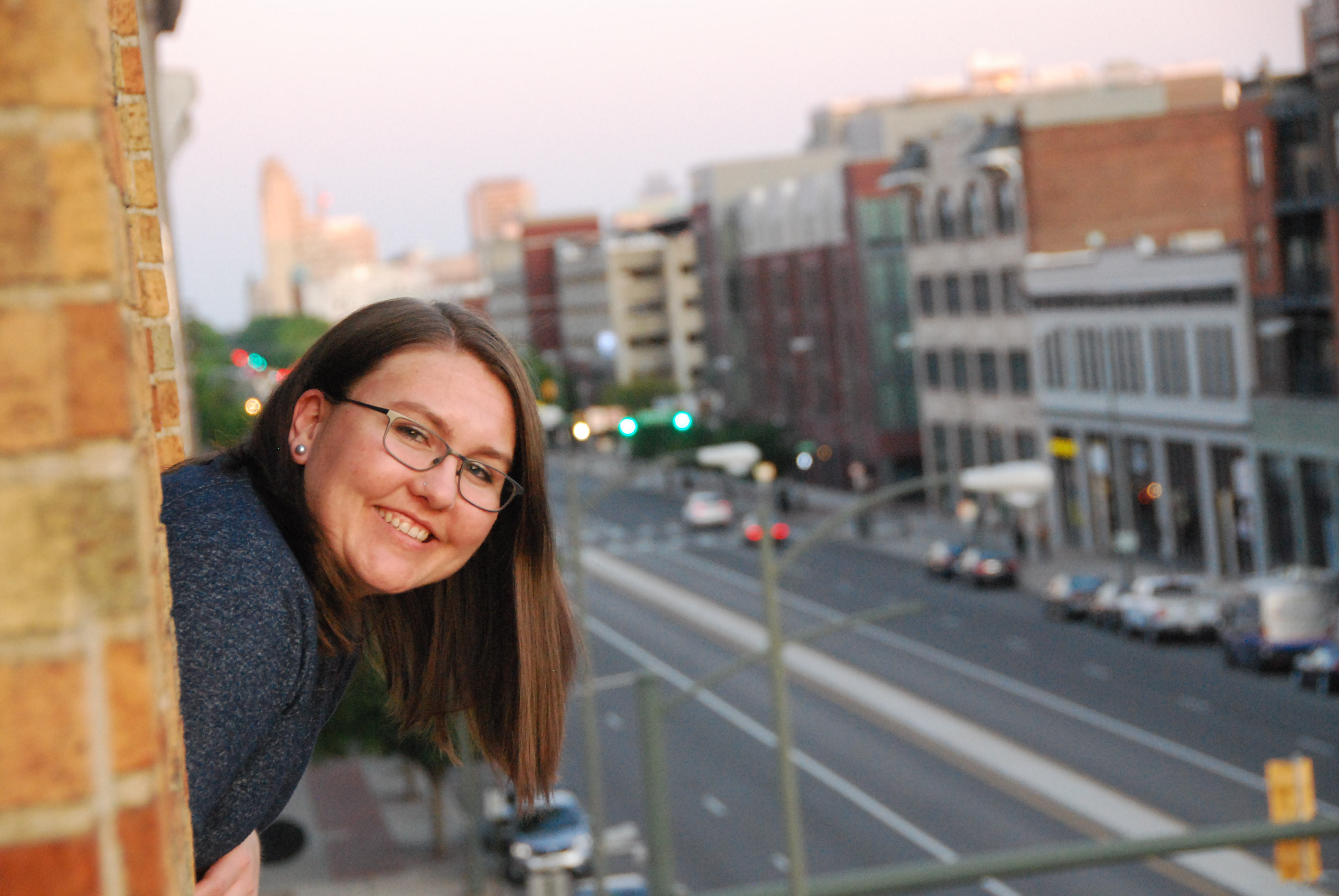
Before graduating in May, Mirinda Gormley, PhD’20 (EPID), earned the Susan E. Kennedy Phi Kappa Phi Scholarship. VCU awards a single Kennedy scholarship each year to one graduate student who has advanced the presence of women in higher education.
During her 11 years as an emergency medical services provider, Mirinda Gormley, PhD’20 (EPID), responded to numerous patients in crisis.
Drawn to medicine by her desire to help people, it was while working at the Richmond Ambulance Authority as a full-time paramedic that Gormley applied to the epidemiology doctoral program in the School of Medicine’s Department of Family Medicine and Population Health. She thought the program would provide her with more expertise in the field.
“A lot of the reason we do anything in medicine is because it’s research-driven,” Gormley says. “EMS care is no different. Many of the protocols we follow are based in research, so I wanted to learn a little bit more about how to connect that research.”
Dedicated and engaged in the classroom, Gormley’s front-line experience brought a unique perspective to her fellow graduate students, says Division of Epidemiology affiliate professor Anne Zehner, MPH’09, who taught the Injury Epidemiology course.
“I can’t say enough about students like Mirinda who bring practical experience to their scientific practice,” Zehner says. “Those who have been out in the real world and have done other work that aligns with their practice can bring some of that experience into the classroom.”
Much of Gormley’s research centers on addiction and substance abuse, as she witnessed the ravages of the opioid crisis firsthand. During the April 2020 Graduate Research Symposium, she presented a project, “The Impact of Receiving Naloxone Prior to EMS Arrival on Patient Transport Decision.” The study tracked whether people would agree or refuse to go to the hospital if they received naloxone, a drug that rapidly reverses the effects of opioids on the brain and can be administered by a friend or bystander prior to the arrival of EMS.
As she conducted her research, Gormley greatly appreciated the availability of the epidemiology faculty, especially Zehner, when she sought counsel or collaboration.
“Anne was incredibly helpful from a realistic, real-world standpoint,” Gormley says. “She was always ready to listen and support me when I was working on a project.”
Before graduating in May 2020, Gormley earned the Susan E. Kennedy Phi Kappa Phi Scholarship, named in honor of the former chair of the Department of History and former dean of the College of Humanities and Sciences. VCU awards a single, $3,000 Kennedy scholarship each year to one graduate student who has advanced the presence of women in higher education.
Gormley was well deserving of the award, Zehner says.
“Mirinda was always trying to be an example to other graduate students,” she says. “Receiving the award speaks well of anyone in academia, but it certainly is an exemplary demonstration of her being a leader in her studies.”
Gormley, who has mentored several female students, felt she met the award requirements. Yet when she found out she won the scholarship, she was still surprised — and honored.
But beyond that, the award validated her dedication to her work.
“Sometimes when you’re writing and working, teaching and mentoring, you’re not often acknowledged,” Gormley says. “So to be recognized for my efforts felt very good.”
Gormley next heads to Clemson University to begin a post-doctoral position. Aside from continuing to teach and mentor students, and engage in further research regarding addiction and substance abuse, she yearns to get back in an ambulance.
“I’m hoping that once I have my permanent position, I can get myself out there,” she says. “Not working as a paramedic feels like a piece of me is missing. It’s something that I still love to do.”
That mindset exemplifies the definition of a good applied epidemiologist, Zehner says.
“An applied epidemiologist doesn’t just do research,” she says. “It is someone who does field work. So that is in keeping with everything I want to teach my students — to have that drive to be out in the field.”

